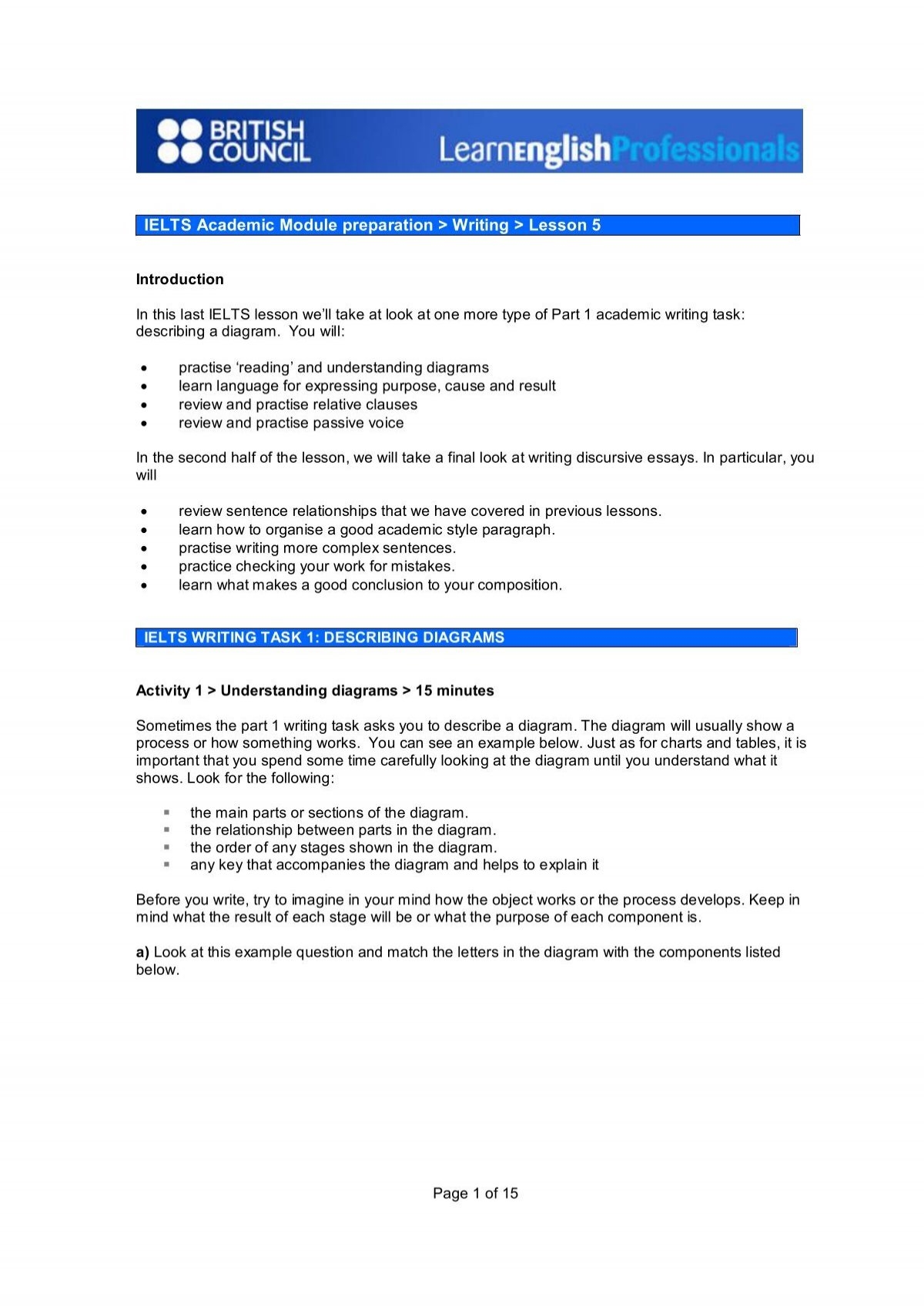In the IELTS exam, the writing module is one of the four sections that test your language skills. It is crucial to understand the different components of the writing module to achieve a high score. This article will discuss the various aspects of the IELTS writing modules and provide tips on how to excel in this section.
Writing is divided into two tasks – Task 1 and Task 2. Task 1 requires test-takers to describe visual information, such as graphs, charts, or tables, in their own words. On the other hand, Task 2 is an essay question where candidates are asked to express their opinion on a given topic. Each task has specific criteria that need to be met to score well.
IELTS Writing Modules
Task 1 assesses a candidate’s ability to present information logically and coherently. It is essential to organize the information in a structured manner and use appropriate vocabulary to describe trends and patterns. Test-takers should also pay attention to the word count and avoid including irrelevant details that do not contribute to the main idea.
Task 2, on the other hand, evaluates a candidate’s ability to express opinions, argue a point of view, and provide relevant examples to support their arguments. It is crucial to address the question prompt directly, present a clear thesis statement, and develop coherent paragraphs with supporting evidence. Test-takers should also demonstrate a wide range of vocabulary and grammatical accuracy.
To excel in the writing module, candidates should practice writing essays on various topics, analyze sample responses, and seek feedback from teachers or tutors. It is also essential to manage time effectively during the exam and allocate enough time for planning, writing, and revising the essays. By following these tips and strategies, test-takers can improve their writing skills and boost their overall band score.
In conclusion, the IELTS writing module is a crucial part of the exam that tests a candidate’s ability to communicate effectively in written English. By understanding the different components of the writing tasks, practicing regularly, and seeking feedback, test-takers can improve their writing skills and achieve a high score in the exam. With dedication and hard work, anyone can master the writing module and succeed in the IELTS exam.
